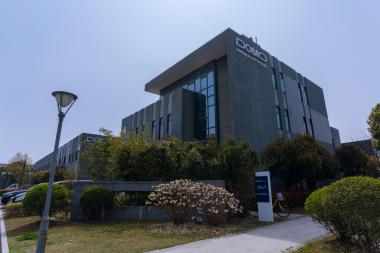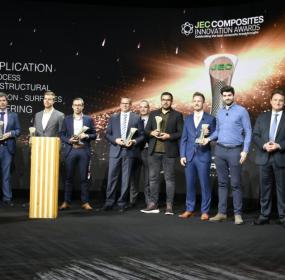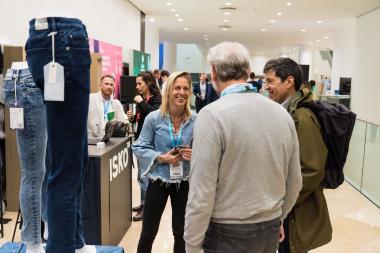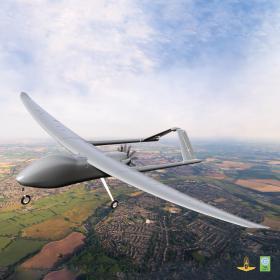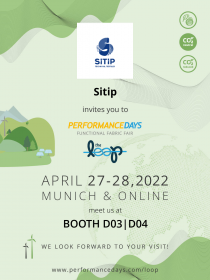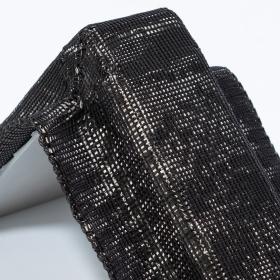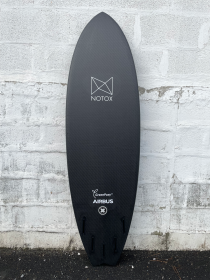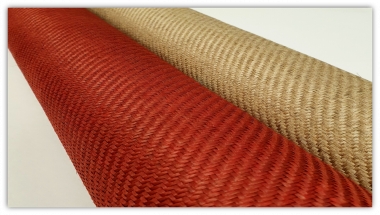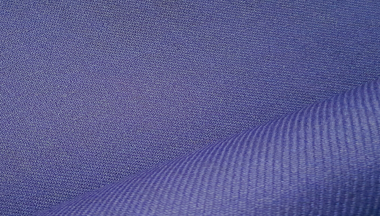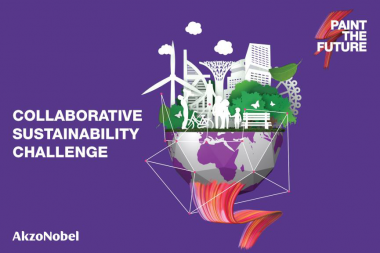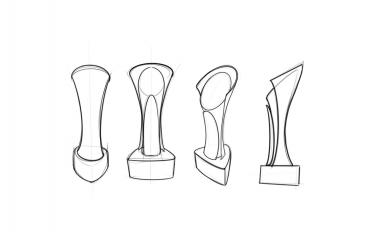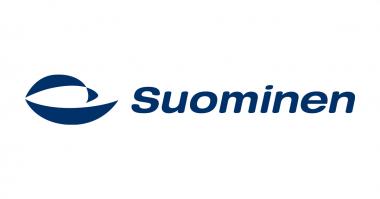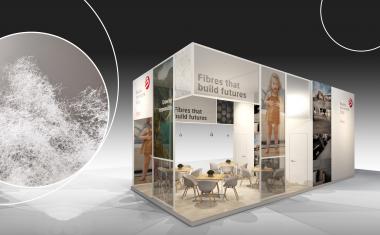DOMO Chemicals expands production capacity of TECHNYL® polyamide in China
- The first year of TECHNYL® in China under the DOMO brand name; DOMO will be pushing forward its expansion plan of high-performance polyamides in China
- Continued innovation in engineered nylon materials for a sustainable future
DOMO Chemicals announced a long-term investment plan in China to continue expanding its production capacity of TECHNYL® high-performance polyamides. This plan aims to meet growing demand in the automotive, electrical & electronics, and industrial consumer goods industries, and help build a sustainable future. DOMO Chemicals acquired Solvay's Performance Polyamides business in 2020 and has sold the TECHNYL® products globally since February 1, 2022, including in China, one of the company's key strategic markets.
The global demand for polyamide materials is currently booming at a CAGR of up to 3 percent. The adoption of new energy vehicles (including pure electric, hybrid and fuel cell vehicles) is expected to reach 45 percent globally by 2030, and automakers are increasingly using sustainable materials to make components, which are key growth drivers of the polyamide market. In addition, the demand for miniaturized circuit breakers, contactors, plug switches, and other components in the electrical and electronics and industrial consumer goods industries further opens up the application potential for polyamide materials.
DOMO Chemicals will continue to expand the capacity of its production site in Jiaxing, Zhejiang Province, which has been planned to be gradually introduced in three stages:
- Since March 2022, an additional 6,000 tons of capacity has been made available, with the plant achieving the total capacity of 14,000 tons of PA6 from April onwards.
- A 35,000-ton new plant in Haiyan is planned to be completed in the third quarter of 2023, in which DOMO Chemicals has invested more than 14 million euros (97 million yuan).
- Going forward, DOMO Chemicals will further expand the plant, gradually increasing its capacity to 50,000 tons.
In addition to the expansion, the plant will also use renewable energy wherever possible, adopt advanced water and air treatment technologies to reduce water consumption and CO2 emissions, and fully comply with Health, Safety and Environmental Management System (HSE) regulations. DOMO Chemicals will improve HSE compliance continuously and work closely with the local government, while partnering with key local and global customers to accelerate innovation and development across a wide range of industries.
TECHNYL® has been committed to helping customers improve their low-carbon competitiveness since its very first year in China. It allows OEMs and component makers in the automotive, electrical & electronics, and industrial consumer goods segments to create lightweight, durable, aesthetically pleasing, smart and environmentally-friendly products.
DOMO Chemicals / Marketing Solutions NV


